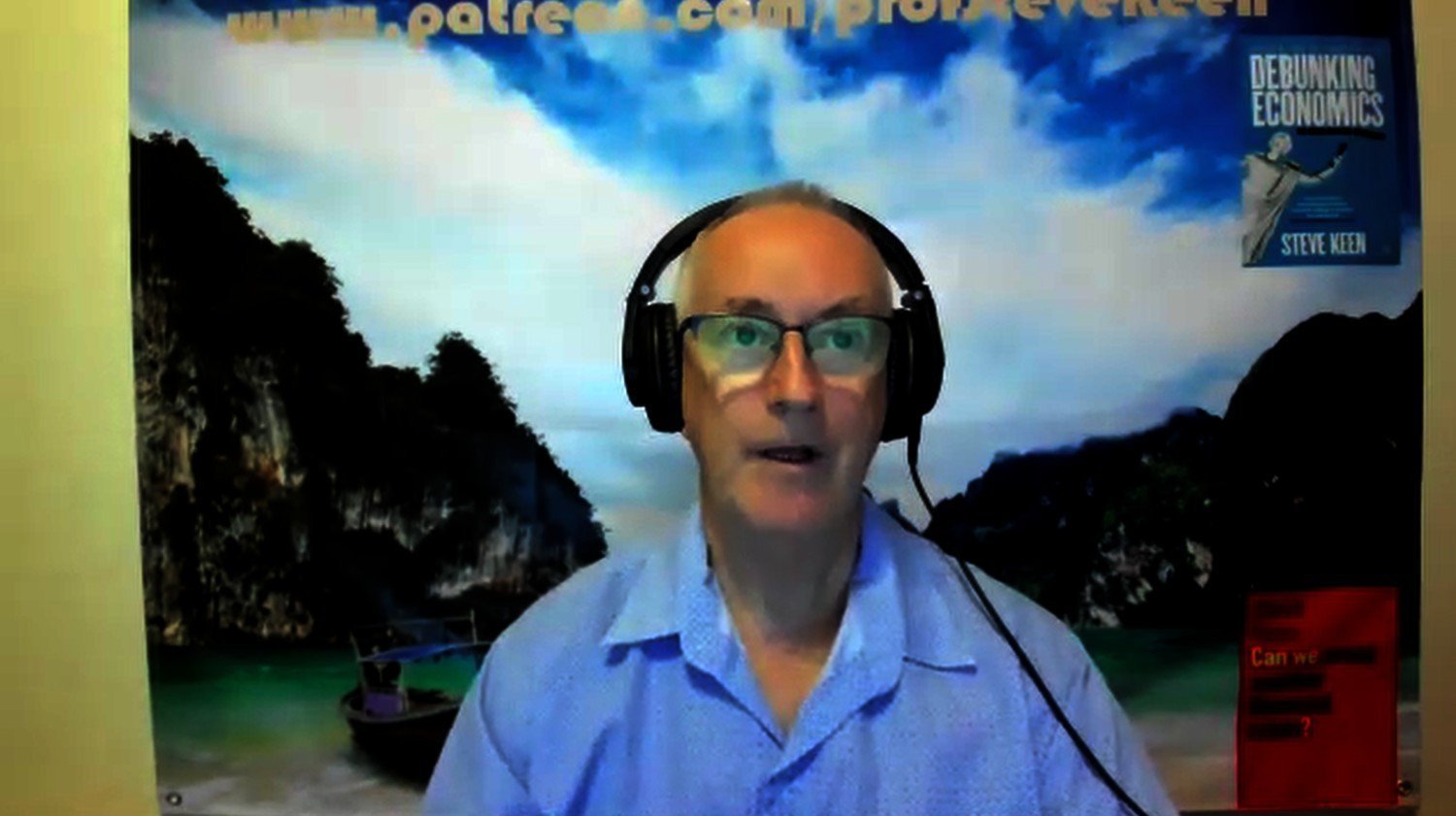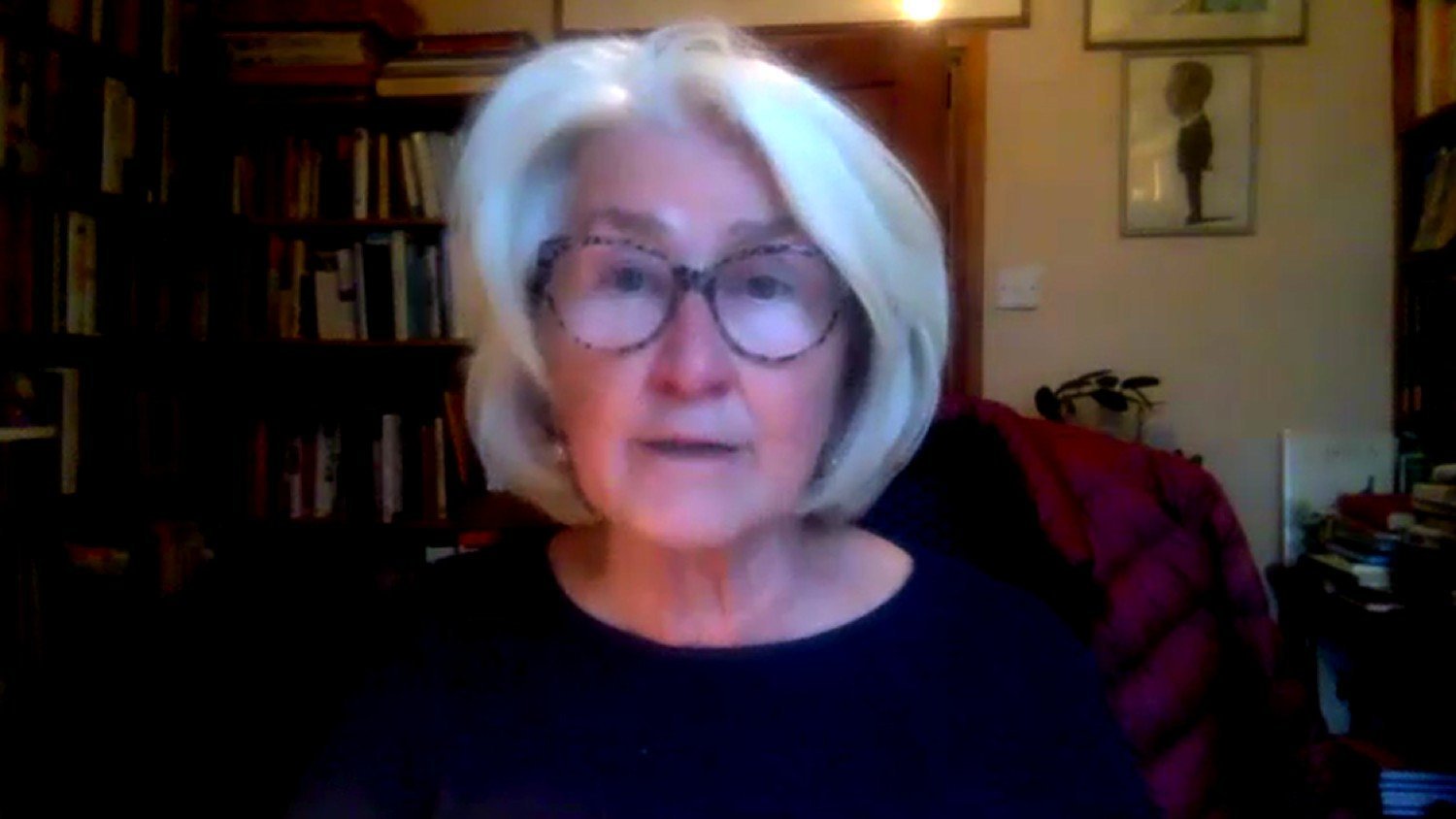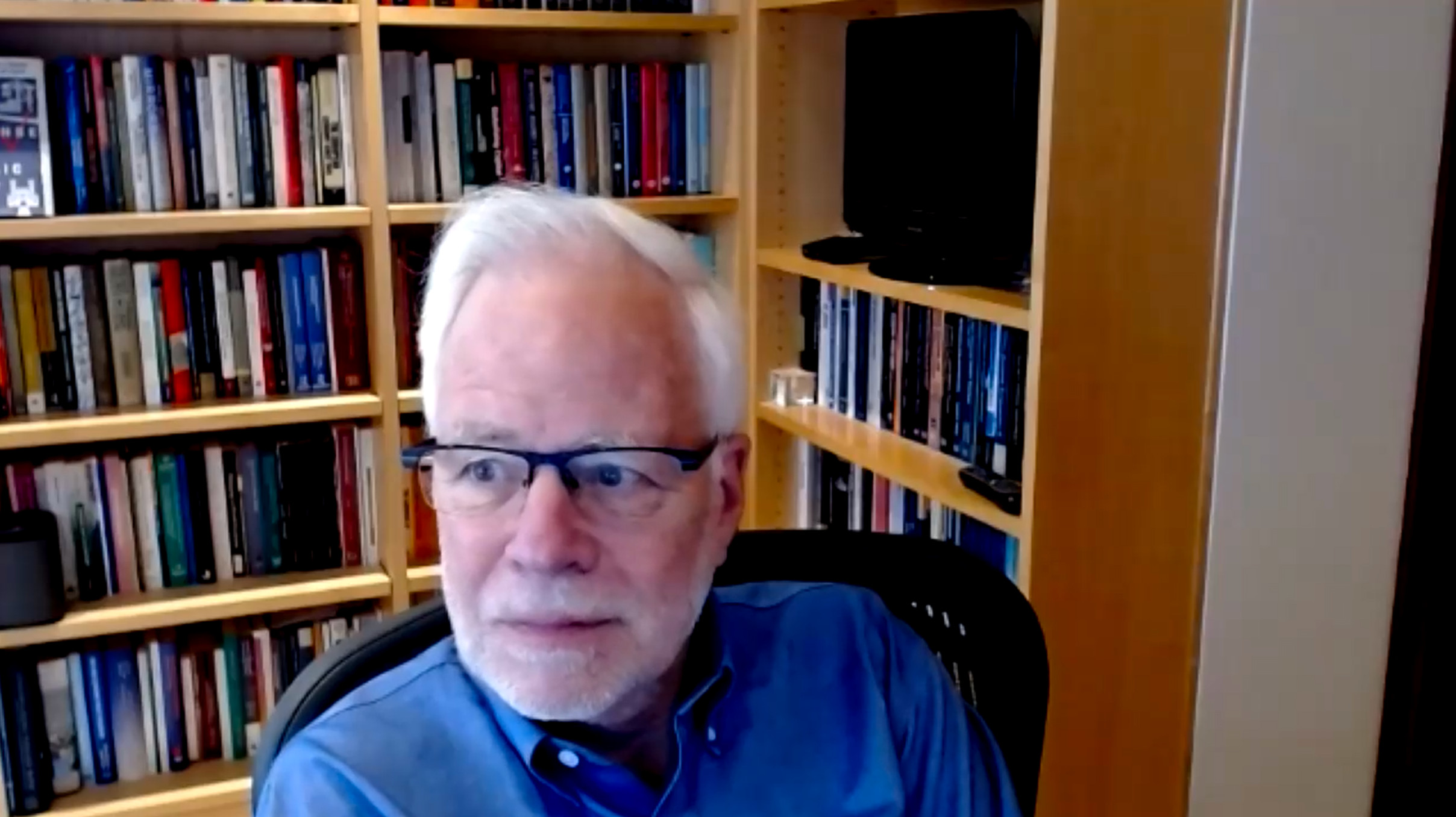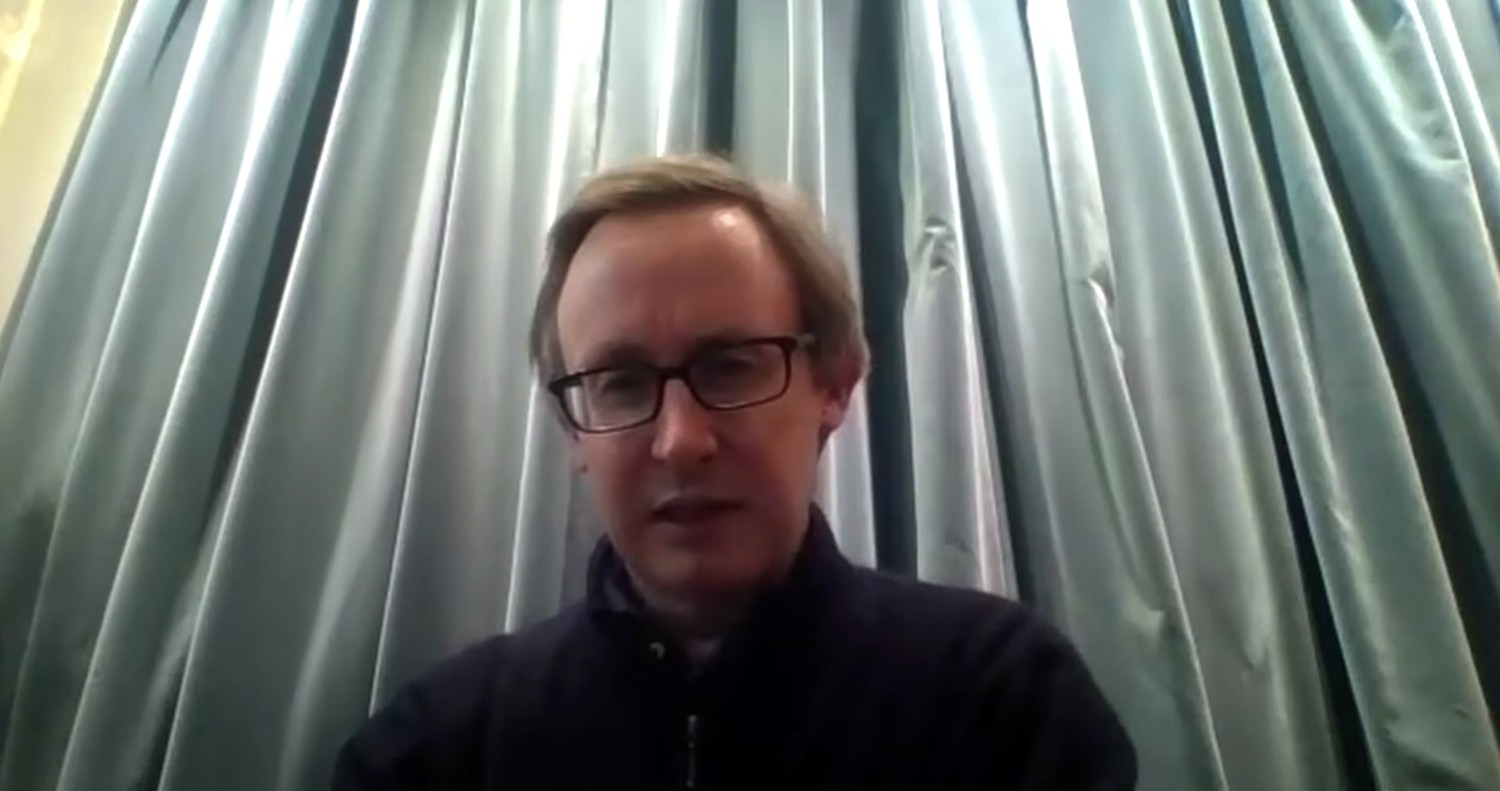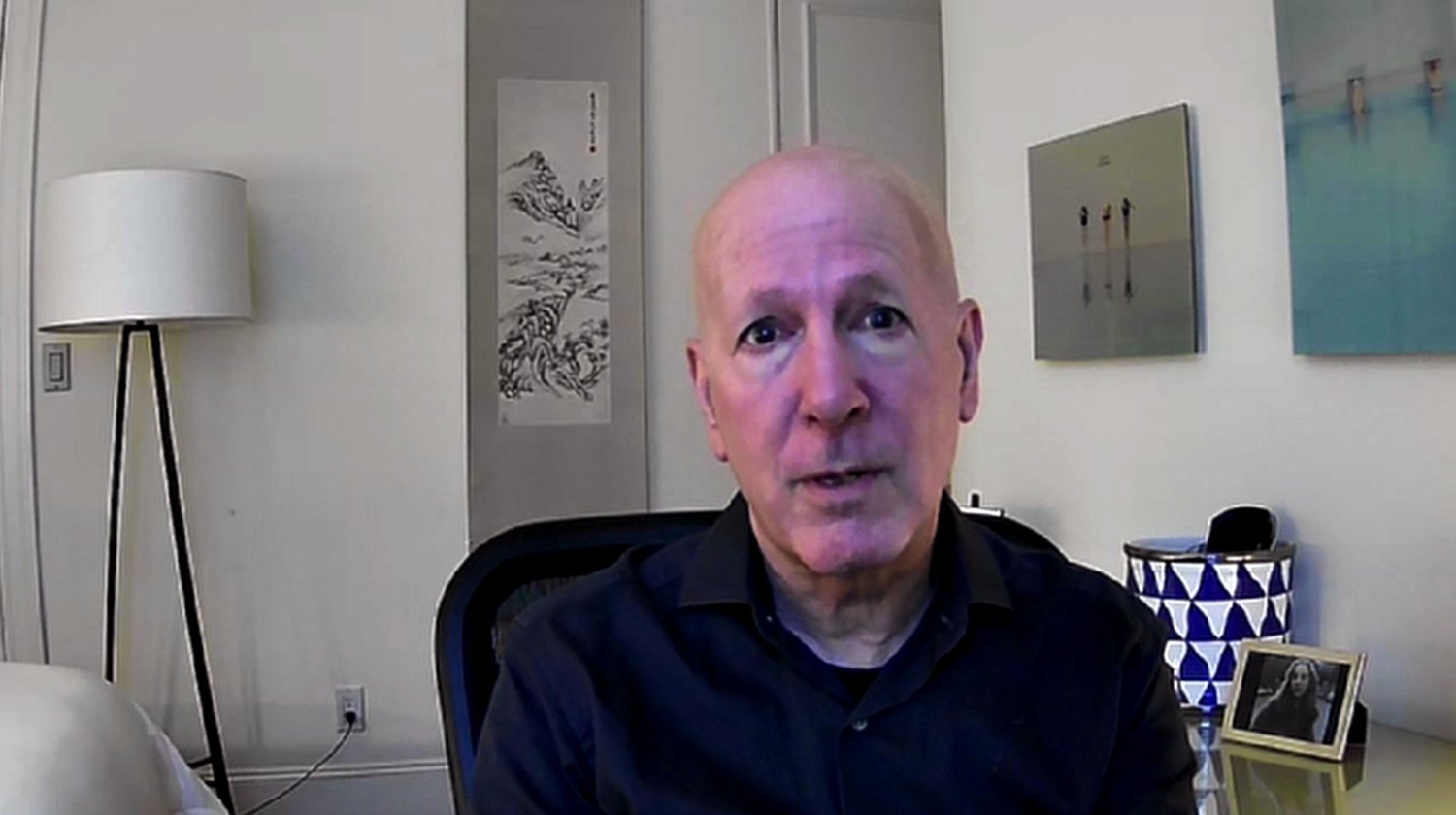Koichi Hamada
Japanese. Tuntex Professor Emeritus of Economics at Yale University, adviser
1. Why does economics matter?
We are living on an economic basis, no matter the way things are, no things are produced by themselves. So it’s natural that science based on facts matters to help us understand the working of the economic system and generally we will be benefiting from economics. The famous definition of economics is satisfying several objectives by limited means. It’s by itself a good thing. But the most difficult problem right now is the problem of income distribution or equity, and unfortunately the European, American surge of undemocratic or neo-fascist political system is reacting to the inequity, inequality based on the price mechanism which you might call capitalism.
2. What are the differences between economic science (academic economics) and economic engineering (policymaking)?
That is the most interesting question, the question I was most involved with in person. I started as a theoretical economist in international economics, mathematical economics, game theory etc. But after my sixties I happened to help Mr. Shinzo Abe, now-retired Prime Minister of Japan. And advising, what do you call that?, it’s first time I heard the word but engineering economics. That is very important and not so simple. Economics is like water system, the water goes down to the lower level by nature.
So there are several rules or laws that goods, supplies and so forth moves and affects people. But the economic engineering is trying to make fences or trying to affect the movement of water by putting some forces or devices to that. And it is important sometimes to intervene in individual action. However most of the engineering involves some actors and actors have their own preferences, their own objectives. That certain type of interference is difficult.
For example, one of the international topics of today is Biden’s plan to ask advanced countries to raise corporate tax above 15% or so uniformly. And this is a direct example, this device… Right now, Ireland, for example, is making a profit by reducing its corporate tax rates. So that kind of beating the economic system by lower corporate tax rates will have obstacles if Biden’s plan succeeds to make countries to have some convention to keep the corporate rates above a certain percent.
However, Ireland is making a large profit and it should be discussed for other countries to persuade Ireland to observe these restrictions. There are many benefits attached to that. So political actors’ interests sometimes representing its constituents where they interfere with the most desirable economic policy. So engineering is very difficult and situations make it difficult. So making the rules playing under a rule is one of my lifetime research topics. Making a certain rule compatible, an incentive compatible to access would be difficult. And even, more difficult over in this example, persuade Ireland to raise taxes. There are so many Caribbean or other tax-haven countries so it is very difficult even if the certain idea is good.
So this relationship between engineering and economic science is very interesting. In my own advising Japan’s prime minister sometimes I had some slight opinion difference with my bosses and what should advisors do and so forth.
Again, this is a matter of political economy. And that is a delicate question: how to advise your boss in case you have different opinions, without losing the political power or political effectiveness of your boss.
3. What role does economics play in society? Does it serve the common good?
Yes, common good, a good example is vaccines or masks. We have economics called public economics, or economics of externalities. Mask wearers think it’s a matter of private choice, but it affects others and could lead to serious consequences. So running some kind of externality theory in public finance or economic theory, will help people to wear masks. But in this matter there are many tragedies of not understanding the simple facts or pretending to not understand.
It’s not just a few ideas to be known. Peter Hall of Harvard University has a theory that the Keynesian economics after the Second World War didn’t penetrate into some economics systems. So my friend Masahiko Aoki said economic policy or a system cannot be grafted to other countries even though economic sciences are very well equiped. Sometimes political process or institutional situation as well as other culture would affect the penetration of certain ideas.
4. Economics provides answers to problems related to markets, efficiency, profits, consumption and economic growth. Does economics do a good job in addressing the other issues people care about: climate change and the wider environment, the role of technology in society, issues of race and class, pandemics, etc.?
Over the years, it was thought economics is about money, price something about variable goods that so forth. But Gary Becker of Chicago extended economics to many other areas: racial discrimination, marriage and so forth, that anything a matter of choice under some kind of scarcity constraints can be analyzed by economic techniques. So I think this was a success of the economic science. So there is political economy, politics can be analyzed like economics. People want to maximize their power or benefit or try to maximize constituencies. And legal process can be analyzed by the same kind of questions.
But the Achilles’ Heel or most difficult part of this culture that economics faces now is about income distribution. By technological progress we thought we reduce misery and poverty. But now robots replace many workers, for example translating machines take over translators. So the income distribution became very, very skewed and the middle workers in the United States aren’t very much different. Their income doesn’t progress during the past 10, 20 years. Only a certain percent.
While there are big playing areas for advanced specialists on the internet and so forth, they earn a crazy amount of money. And this is a problem because it created political situations like the Donald Trump situation, that those people who were unsatisfied liked to have different regimes…. Or in Czech Republic or in Hungary for example, a nationalist came into power because middle income people I think had very strong antipathy to the world.
So economics can explain many things but the present-day system is not helping democracy, unfortunately. Relative to other totalitarian countries like Russia or China, the democratic world has been very effective to make income grow and democracy to be sustained. However, right now democracy is in jeopardy because capitalism, or a competitive system doesn’t help this dilemma of income inequality. So this is the situation. Economics, it’s not economic’s fault, but economics spends so much time on efficiency, efficiency in stock markets, etc, and not considering the equity problem. And the next challenge to economics is to bring in an equity program or fairness program more systematically.
5. As we live in an age of economics and economists – in which economic developments feature prominently in our lives and economists have major influence over a wide range of policy and people – should economists be held accountable for their advice?
Right now I think, even though I have strong enough positions, if I say macroeconomics must be combined with some kind of distribution considerations.
Tony Atkinson tried to use our economic quantitative tool and analytical tools to income distribution to see under what circumstances certain macroeconomic policy would affect certain types of people. Also the present economics states, macroeconomics is one thing and microeconomics is another thing in order to have consistency. And the resulting income distribution that could be very skewed or very cruel to a certain type of people. We should then use another income distribution device to correct this, but I don’t know after this coronavirus crisis that distributional things should be treated as a sort of addendum to the systems.
Anyway, climate, technology et cetera are important and economics can help certain parts of it. But of course the major question should be solved by other sciences as well, and we should collaborate.
6. Does economics explain Capitalism? How would you define Capitalism?
Some economic system based on private property and market mechanisms, and individual incentives. And individual incentives are very, very important. So I’m not very optimistic about the future of China. If you say suppress some kind of individual incentives, but anyway that’s outside the problem we are with.
So that system is good but it is creating the enormous inequalities in the world. And I thought capitalism will sustain individual freedom, but income disparity is so acute they may give grounds to create undemocratic power or even neo-Nazi system.
Marx wanted to explain capitalism but economics is interested in goods and welfare, it doesn’t explain political or ideological systems and so on. In that sense maybe economics is strongly related to capitalism but it doesn’t explain capitalism.
7. No human system to date has so far been able to endure indefinitely - not ancient Egypt or Rome, not Feudal China or Europe, not the USSR. What about global Capitalism: can it survive in its current form?
I am trained in neoclassical or analytic economics basically, so I’m not very good at forecasting. I cannot make much fortune by investing in the stock market well, even though I am interested in the mechanics of the stock market and the market system. So I cannot say. But China has at least one very good advantage because of the mass of its people and trade. Even though the system is autocratic or sometimes undemocratic, et cetera.
8. Is Capitalism, or whatever we should call the current system, the best one to serve the needs of humanity, or can we imagine another one?
I thought capitalism with some progressive ideas of social justice will make the democratic-world countries to continue for some time. But recent occurrences in the political system in the United States or some parts of Europe makes me feel that I cannot be so optimistic.
I am not optimistic, I said, because of the possibility of neo-fascist regimes in Europe or in the United States. Fortunately in Canada and in Japan it’s not so serious, we don’t observe it. So the world may not be made to be this optimistic, that everything will end well. There are many now-serious problems in the world, I think.

